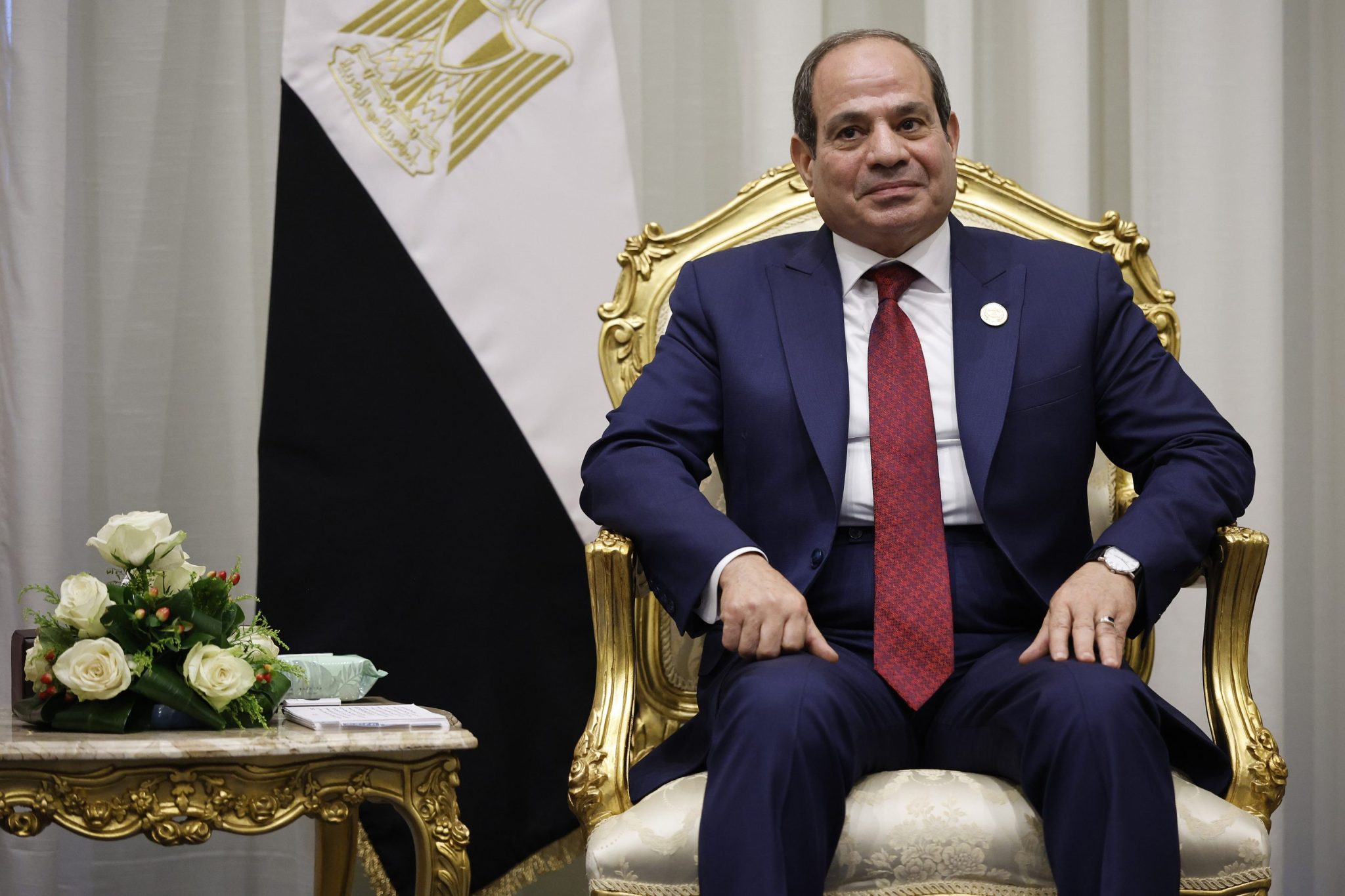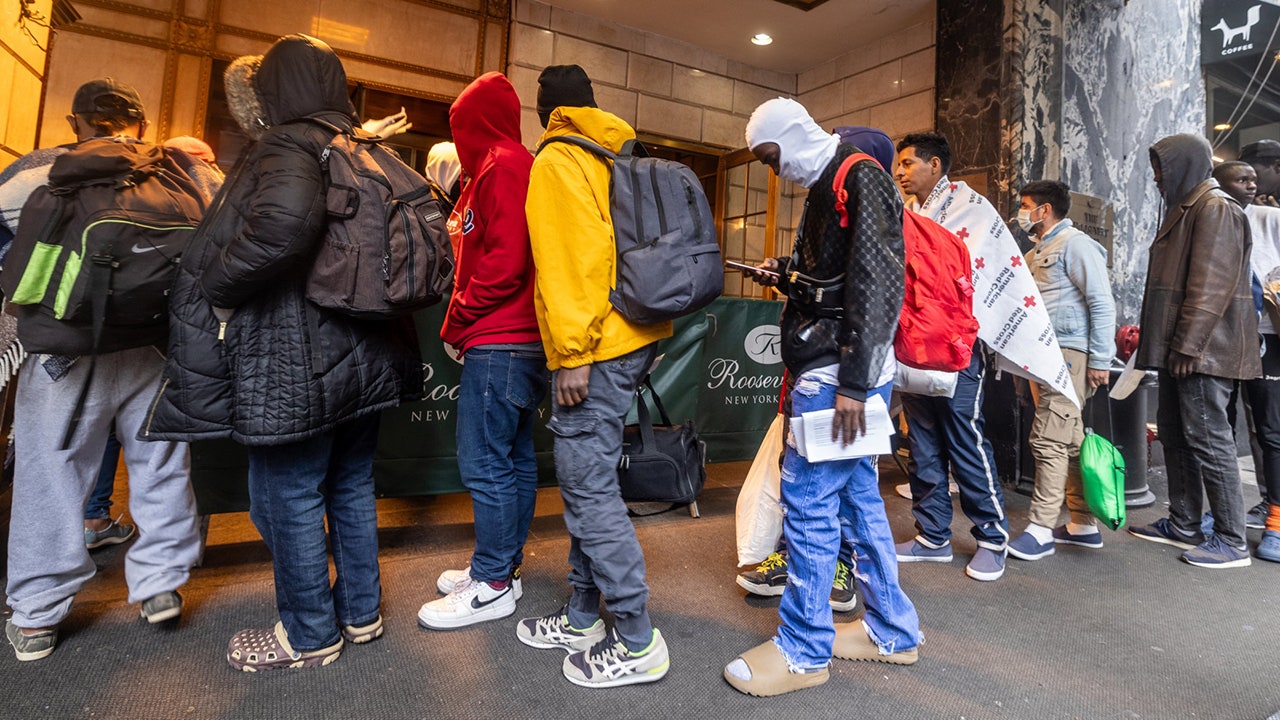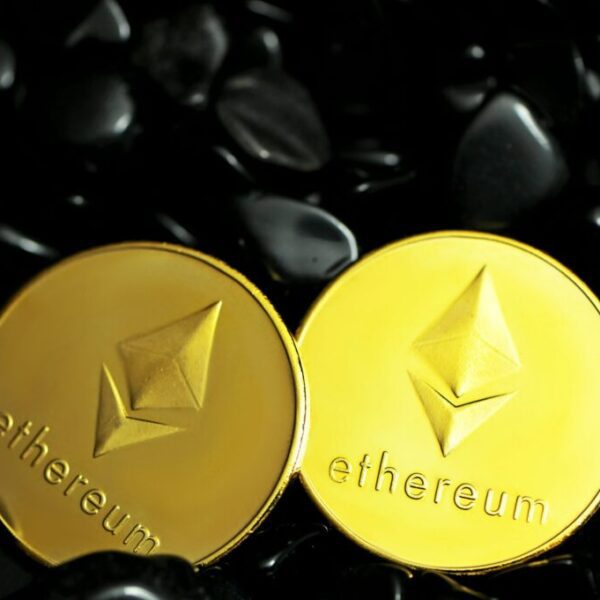
Egypt and the European Union will hold their first summit on Wednesday in Brussels where leaders will discuss security, trade and migration as well as stability in Gaza.
Egyptian President Abdel-Fattah el-Sissi, European Commission President Ursula von der Leyen and European Council President António Costa are expected to announce increased European economic assistance to Egypt and Egypt’s admission to the EU’s Horizons research incubation program, a 175 billion euro (about $202.7 billion) fund for scientific research and innovation in fields from quantum technology to the space industry.
New deals amid regional tensions
The summit comes as the 27-nation bloc has sought to forge new trade and security deals amidst geopolitical tumult sparked by the combative policies of U.S. President Donald Trump and export controls from Chinese President Xi Jinping.
Part of its approach is a so-called Pact for the Mediterranean in which the EU seeks deeper integration with countries from Morocco to Turkey, including offering European aid in exchange for efforts to slow migration to Europe.
Egypt’s economic woes
Egypt is weathering soaring inflation, as well as instability from the still-smoldering war in neighboring Gaza.
El-Sissi told Costa and other world leaders last week that U.S. President Donald Trump’s Mideast proposal, which aims at ending Israel’s two-year war in Gaza, represents the “last chance” for peace in the region and reiterated his call for a two-state solution, saying Palestinians have the right to an independent state.
The EU is Egypt’s largest trading partner. During the signing of a joint declaration last year, Brussels announced a 7.4 billion euros (about $8.6 billion) aid package for cash-strapped Egypt in the form of loans, investment and support for specific programs such as migration.
The deal injected much-needed funds into the Egyptian economy, which has been hit hard by years of government austerity, the coronavirus pandemic, the fallout from Russia’s full-scale invasion of Ukraine and most recently, the Israel-Hamas war in Gaza. Houthi attacks on shipping routes in the Red Sea have also slashed Suez Canal revenues, which is a major source for foreign currency, by forcing traffic away from the canal and around the tip of Africa. Both Brussels and Cairo have serious concerns over migration.
Europe and Asylum-seekers
Arrivals of asylum-seekers and other migrants fleeing conflict and poverty in the Middle East and Africa for Europe over the past decade helped fuel rising far-right populism and led to stricter border controls that have drawn heavy criticism from human rights groups.
Before the Wednesday summit, the EU’s top diplomat Kaja Kallas met with el-Sissi in Brussels, where he told her that “Europe hasn’t been significantly affected by illegal immigration” because Egypt had thwarted launches since 2016 of many boats of migrants, according to a statement from the president’s office.
El-Sissi should press the EU to do more for Gaza, said Eve Geddie, director of Amnesty International’s European Institutions Office. At the same time, Von der Leyen and Costa should press the former military leader to stop “rampant arbitrary detentions, unfair trials and harsh prison sentences of critics,” she said.
Egypt faces its own migration pressures. While in recent years it has become a point of transit for those attempting the dangerous Mediterranean Sea crossing to Europe, Egypt has for decades been a refuge for migrants from sub-Saharan Africa trying to escape armed conflict and crippling poverty.
Egypt, whose population is 116 million, says there are 9 million migrants in the country, including about 900,000 who are registered refugees and asylum-seekers with the U.N. refugee agency. El-Sissi is also expected to meet King Philippe I of Belgium during his visit.
___
Associated Press writer Samy Magdy contributed to this report from Cairo.















